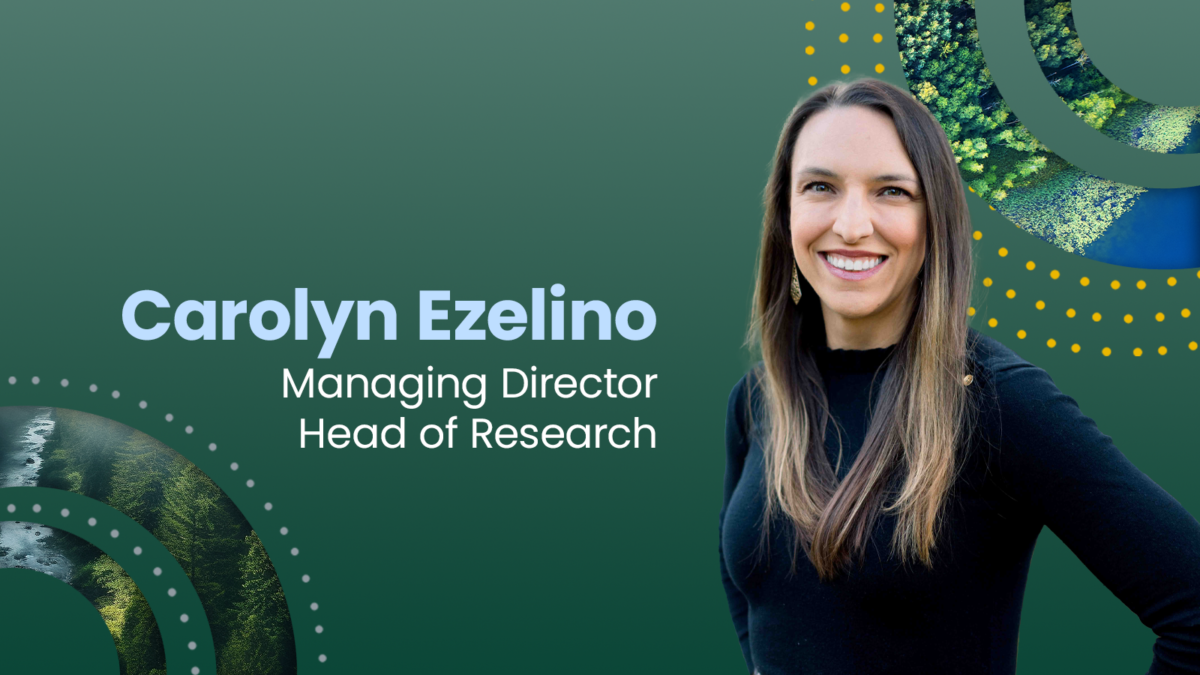Environmental Finance, By Graham Cooper
October 31, 2013
Two studies of impact investments claim to show that investors would sacrifice little, if any, financial return by selecting their assets on environmental and social as well as economic grounds.
The study by the London-based Social Stock Exchange (SSE) is based on a ‘virtual’ Social Impact Business (SIB) index, comprising 38 stocks that meet its criteria for a social impact business. The index has a total market capitalisation of £100 million, is capitalisation weighted and is rebalanced weekly.
Historical data up to 28 August 2013 showed that the SIB index would have outperformed the FTSE 100 index over one year and three years, and the FTSE 250 index over three years. However, it would have underperformed both over five years
Furthermore, the SIB had lower volatility than both FTSE indexes over all three time periods.
The underperformance over five years was largely due to extreme market volatility and relatively high dividend payments for FTSE stocks near the beginning of the period (late 2008/early 2009) the SSE says.
Compared with the FTSE indexes, the SIB has a lower weighting in energy, materials, telecommunications and utilities and a higher weighting in financials, healthcare and technology.
“These results imply that investors in the companies comprising the SIB would be giving up either none or an almost negligible return versus investing in the broader equity market,” the SSE concludes.
The second study, from San Francisco-based Sonen Capital, is based on an analysis of the investment portfolios of the KL Felicitas Foundation, which provides support services and tools to help scale impact enterprises and empower impact investors.
Between 2006 and 2012, the foundation increased its allocation of assets to impact investments from 2% to 85%, while achieving “index-competitive, risk-adjusted returns,” Sonen says.
Echoing the findings of the SSE study, Sonen also concluded that an impact investment strategy may also reduce portfolio volatility, among other “strategic portfolio advantages”.
“Impact investments can compete with, and at times outperform, traditional asset allocation strategies, while simultaneously pursuing meaningful and measureable social and environmental impact,” the US investment manager said.
See the full article on Environmental Finance.


